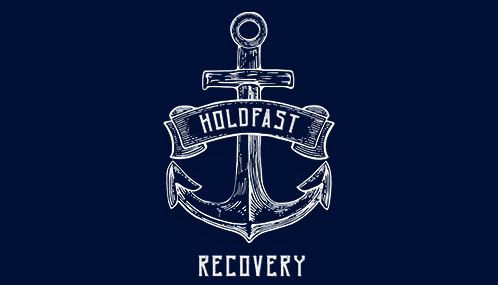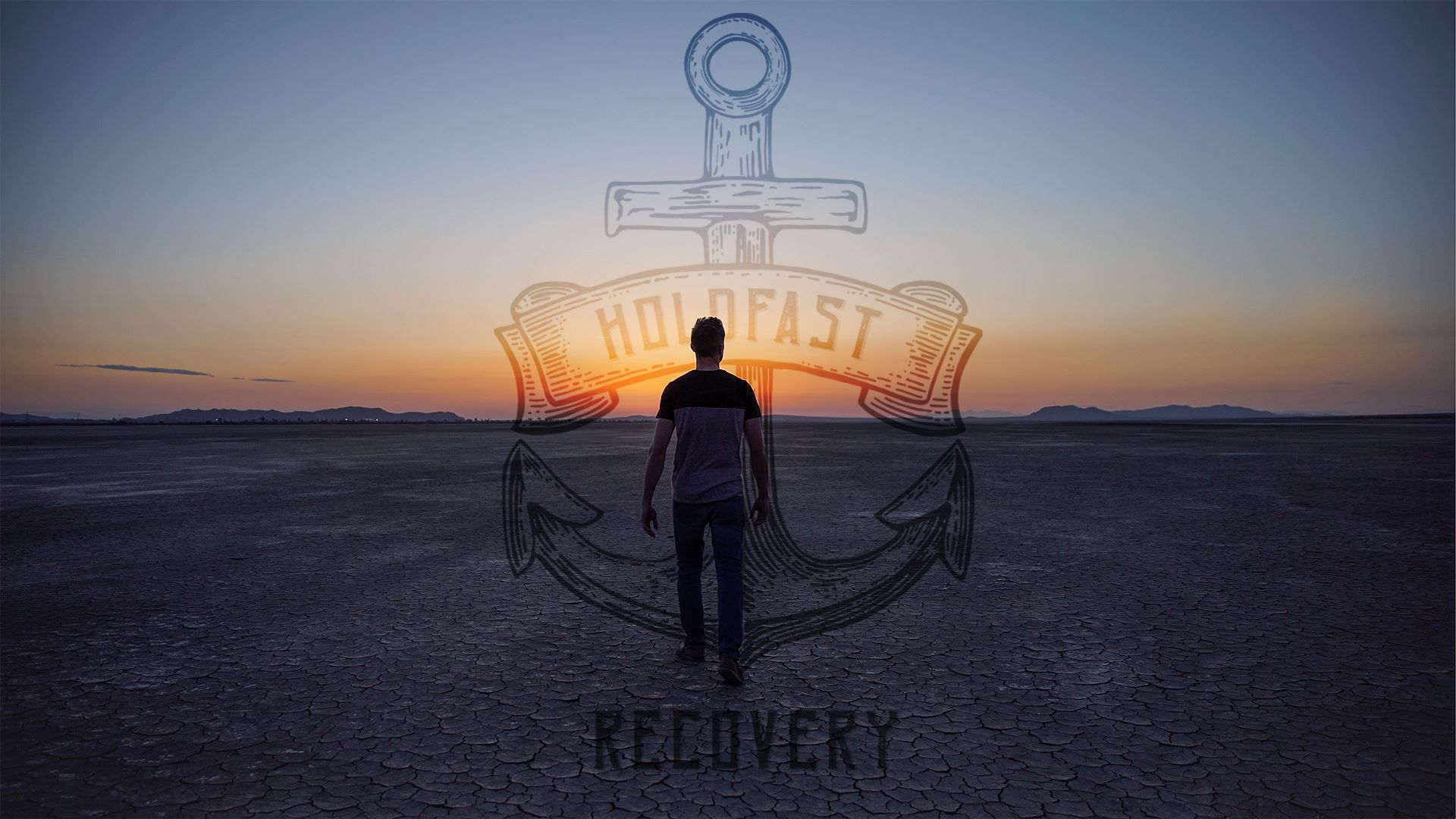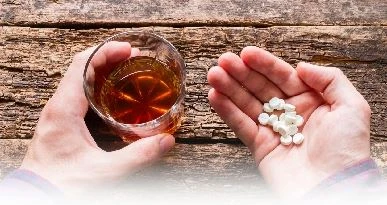
Get Started Today
Holdfast Recovery Wants to Help
Cocaine addiction is a complex disease that causes changes in brain chemistry and is often accompanied by a host of other social and environmental factors. As a result, those suffering from addiction often find it incredibly difficult to break the cycle on their own.
If you are ready to seek help, you don’t have to do it alone. At Holdfast Recovery, we offer professional, Christian-based drug addiction treatment for those dealing with all types of drug use disorders. Our team of compassionate, experienced caregivers and clinicians are dedicated to providing you with the ongoing care and support you need.
Get help for cocaine addiction by contacting our Prescott cocaine rehab at (928) 378-3599 today.
Cocaine addiction is a medical condition in which an individual experiences a compulsive desire to misuse cocaine, despite the persistence of negative effects on the person’s life. Currently, cocaine is classified as a Schedule II substance in the United States, meaning it can be administered by a healthcare professional for legitimate reasons, but it has a very high potential for misuse.
Cocaine is a powerful stimulant. Its source, the coca leaf, has been ingested by indigenous people for thousands of years; purified cocaine has been used for well over 100 years in the United States. Today, it is abused in two forms: as hydrochloride salt (powder) and in its base form (freebase). Most people who seek treatment for cocaine addiction have a history of misusing freebase cocaine, commonly known as crack cocaine or simply “crack.” However, powder cocaine is just as addictive and can lead to increased tolerance, dependence, and addiction.
It can be incredibly difficult to recognize the signs of cocaine abuse or addiction, as many users hide or lie about the true extent of their drug use—even to themselves. And because cocaine is a relatively popular social drug, it can be difficult for friends and family members to determine when experimentation has gotten out of hand.
Some signs of cocaine abuse and addiction include:
Long-term cocaine abuse can lead to elevated heart rate and blood pressure, as well as overdose and death as users develop higher tolerance for the drug. Additionally, street cocaine is often “cut” with other substances, including other drugs, which can have severe consequences for the user. And when cocaine is abused alongside other substances, such as alcohol, its physical and psychological effects can become noticeably more pronounced.
Unfortunately, because it changes the chemical makeup of the user’s brain, cocaine is incredibly addicting, and it can be very challenging for a person to quit without professional help and treatment.
Cocaine abuse and addiction often goes hand-in-hand with the misuse of other types of substances, as well as certain mental and emotional conditions, familial relationship issues, and other environmental factors. As such, treating cocaine abuse and addiction may require dual diagnosis treatment.
Behavioral therapies have been proven to be an effective method of treating cocaine abuse and addiction, both in inpatient and outpatient settings. Cognitive behavioral therapy (CBT), in particular, has been shown to be an effective method of preventing cocaine abuse relapse, especially when it is used as an element of whole-person drug addiction treatment.
At our cocaine rehab center in Prescott, we offer a number of personalized treatment programs for those struggling with cocaine abuse and addiction. We utilize a comprehensive approach to recovery that focuses not only on treatment and physical wellness but also on healing the underlying trauma and stressors often associated with cocaine misuse.
Our programs combine a variety of treatments, including:
We also offer comprehensive aftercare treatment, including sober living, so you can continue receiving the tools you need for long-term sobriety. Throughout the process, you will receive caring, personalized support from our professional, understanding team. This support goes beyond what you need to break the cycle and extends into your ordinary, post-rehab life.
Our team will help you develop strategies for avoiding triggers, managing cravings, and focusing on your educational, career, and relationship goals so you can focus on your future. Most of our clients who ultimately succeed in achieving long-term sobriety participate in about two years of aftercare.
The first step is acknowledging that you have a problem. The second step is working your program in the long term. Overcoming addiction is challenging for the addicted person as well as loved ones. Our Prescott cocaine addiction rehab can help you in the long-term.
There are several negative side effects associated with cocaine usage, so the sooner you get involved in a rehab program, sooner you can achieve long-term sobriety. Along with that sobriety, you can expect a more fulfilling, healthy life.
A cocaine overdose disrupts the body’s normal functions, causing a range of physical and behavioral symptoms. Here’s a breakdown of key signs to watch for:
These signs can vary depending on the amount of cocaine taken, the person’s tolerance, and any other substances they might have consumed.
If you suspect someone is experiencing a cocaine overdose, immediate action is crucial. Here’s what you should do:
At Holdfast Recovery, we understand that taking that first step is challenging. We know what you are going through because we’ve been there before. Our team is ready to help you navigate the process of recovery; we can handle all of the details while you simply focus on the help you need.
The duration of cocaine rehab programs can vary significantly. While some short-term programs may be 30 days, many individuals benefit from longer stays of 60 to 90 days or even more, depending on the severity of their addiction, co-occurring issues, and individual progress.
Absolutely. Family involvement is highly encouraged and often crucial for long-term recovery. Many rehab centers offer family therapy, educational sessions, and support groups to help families understand addiction, heal strained relationships, and learn how to provide healthy support without enabling.
The effectiveness of cocaine rehab is generally high for individuals who are committed to the process. Behavioral therapies like CBT and support systems like 12-step programs have proven very successful. Consistent engagement in aftercare is a key predictor of long-term sobriety.
Long-term cocaine addiction can lead to severe health consequences, including cardiovascular damage (heart attacks, strokes), neurological damage (seizures, cognitive impairment), respiratory issues (if smoked), kidney damage, gastrointestinal problems, severe depression, anxiety, psychosis, and significant social and financial instability.
We accept most major insurance providers. Please contact us online or by phone at (928) 378-3599 to learn more about cocaine rehab in Prescott.


At Holdfast Recovery, we treat both alcohol addiction and all forms of drug addiction (including co-occurring mental health disorders). We offer an array of programs to target your unique needs.


